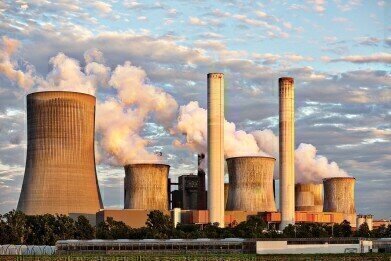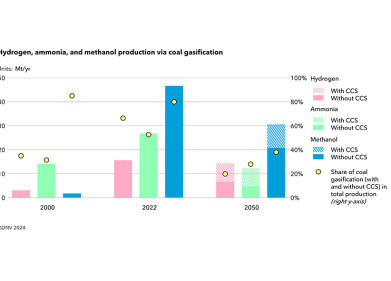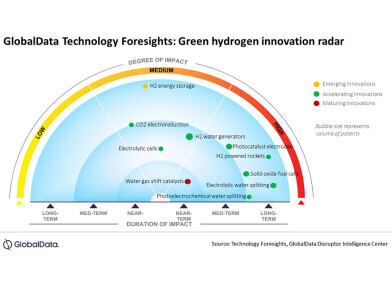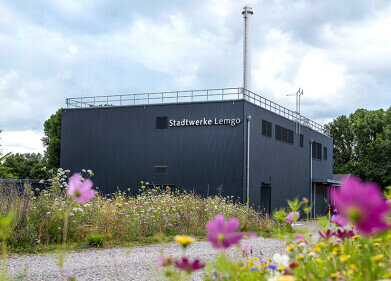Green Energy
What Is Renewable Energy Replacing for Industry?
May 25 2021
As countries around the world strive to comply with their environmental obligations and contribute towards reducing global warming to a maximum increase of 2°C, it falls to industry to bear the brunt of the challenge. That’s because the top 100 companies in the world are responsible for emitting 71% of greenhouse gases into the atmosphere, so it’s logical that they must transition towards a greener tomorrow.
A large part of that transition will involve implementing sustainable carbon capture and storage technology, but also phasing out the highly polluting methods of energy generation upon which most industrial users currently rely in favour of cleaner forms of energy generation. But while the costs involved with renewables have fallen in tandem with their associated benefits increasing, it will still take a monumental effort for industry to fall into line. Here are the traditional fossil fuels that renewables will replace – and a suggested roadmap for how that can happen.
Coal
Coal is undoubtedly the most damaging form of energy generation still in use. Not only does it contribute a significant proportion of global carbon emissions, but it’s also responsible for almost half of all mercury emissions and is a leading contributor of nitrogen oxides (NOx), sulphur dioxide (SO2), particulate matter (PM) and many other unwanted pollutants. Meanwhile, it’s not only instrumental in indirectly contributing to climate change, but has also been linked directly with extreme rainfall events.
Thankfully, coal does appear to be on the decline. Its importance cannot be understated in two of the world’s largest emerging economies in India and China, the latter of which is responsible for over half (51%) of all coal consumption today. However, even China has curbed its use of coal moderately in the past 10 years, while the drop-off is more pronounced in places like the USA, the EU and the UK. There are now just three active coal-fired plants in Britain and they are all scheduled to close by 2024.
Oil and gas
Nicknamed “black gold”, oil has formed one of the most sought-after commodities on the planet over the last couple of centuries. Oil- and gas-rich countries – such as those in the Middle East – have amassed vast reserves of wealth by extracting and exporting the stuff, but those nations are also handily placed to take advantage of another plentiful resource: sunshine. Indeed, one study from Finland found that Saudi Arabia could transition to renewables by 2040, with solar power making up almost four-fifths of that supply.
Meanwhile, the fact that many oil and natural gas reserves are found underneath the waters surrounding countries means that those companies involved in their extraction could quite easily pivot to offshore wind farms. That’s because much of the same technology involved in drilling for oil and gas in the sea has been replicated by the offshore wind industry, thus facilitating the transition since a substantial amount of infrastructure is already in place.
Events
May 05 2024 Seville, Spain
May 13 2024 Munich, Germany
May 23 2024 Beijing, China
May 23 2024 Beijing, China
Jun 10 2024 Algiers, Algeria














